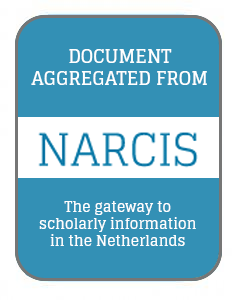Resource information
Homeownership, as a storage for housing wealth, is believed to play an increasingly important role in terms of welfare provision. However, homeownership does not always act as a nest-egg, it can be a source of financial anxiety as well. In this paper we investigate how homeownership and housing wealth moderate the relationship between divorce and subjective wellbeing (life satisfaction, happiness, financial satisfaction). Using longitudinal data for Australia we find homeowners are more negatively affected by divorce than tenants, among others because the owned house becomes a financial burden after divorce. We further find gendered effects. When women move from an owned to a rented house, divorce has a smaller negative effect on happiness and financial satisfaction than when remaining in the owned home. For men however, housing wealth alleviates financial stress when the divorcees remain in an owner-occupied house after divorce.


